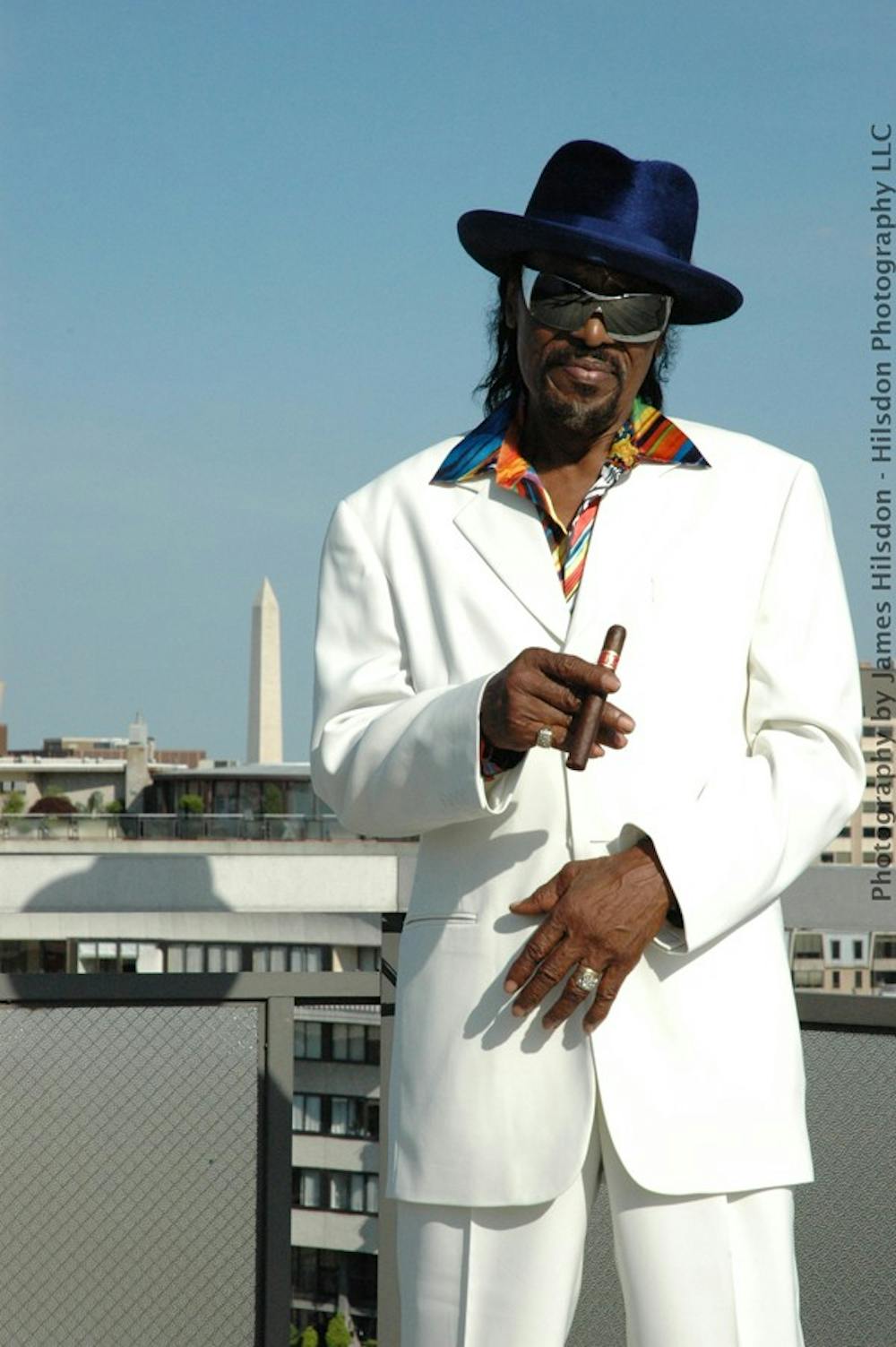At times, music captures the heartbeat of a generation, and it becomes difficult to tell which was birthed from which. In Washington D.C., that music is go-go, and its adherents believe in it with a religious fervor.
Go-go is an offshoot of funk that has been a cultural mainstay in the District since the late ‘70s. The genre is a unique off-shoot of funk — in today’s context, you can hear hints of the upcoming hip-hop craze, while maintaining the classic rhythms of R&B and danceable beats of ‘50’s pop. And in D.C., its value is sacrosanct.
Go-go is the most notable music that originated solely in D.C., making it a point of local pride for any musician who calls this city home.
Much of the enjoyment in go-go is in its sweeping emphasis on percussion and call-and-response crowd interaction. It blends and matches the energy of the music with that of the dance floor in a sort of communion that is unseen in most other musical sub-genres. The band invites the crowd to chime in on cue, conjuring the trademark go-go enthusiasm. It is here that music borders on spiritual as the crowd dances in rhythm to the effervescent groove-funk sound and ever-beating assortment of drums.
The origin of go-go, while still a matter of debate, can be traced back to the mid-70s with the success and popularity of “Bustin’ Loose” by Chuck Brown & the Soul Searchers. Although it was still a stretch to be considered a flagship go-go song for its time, its jiving, head-bobbing groove and festive group chanting would become hallmarks in Brown’s musical career. As Brown and his friends garnered a following in the D.C. club scene, other bands emerged and worked to perfect the illusory go-go sound.
Despite its urban trappings and influences, many purists cry foul at modern go-go bands and their tendencies to conform more toward hip-hop inclinations. This has resulted in a revival in old-school go-go, a recent wave that is due in part to Chuck Brown’s continuous participation in the scene. Now, almost 50 years since the start of his career, Brown has played alongside fellow go-go legends such as Rare Essence and James Funk. With a weening following of old-school go-go outside of D.C. and neighboring Maryland, the revival only serves to underscore the importance of keeping this style of music alive for generations to come.
Here are some artists that can help the unacquainted get familiar with old- and new-school go-go.
Chuck Brown
It would be blasphemous to not talk about the paramount importance of Chuck Brown when considering the scope of his impact on the go-go genre. Now known as the “godfather of go-go” to fans, Brown has become a D.C. icon. And he continues to make strides not only for go-go, but for the world of urban music.
As the rightful ancestor and possible founder of go-go music, Brown would influence coming generations of artists from a variety of sub-genres within hip-hop, funk and blues. Recent songs like “Block Party” and the accompanying music videos show that Brown is still flourishing in his old age.
Rare Essence
What started with a daily childhood four-member jam session ballooned into a 12-member band complete with congas and timbales. Drawing from a variety of funk influences such as Confunkshun and Parliament-Funkadelic, they were instrumental in pioneering go-go by experimenting with an assortment of diverse percussion. One of the most recognized go-go bands, Rare Essence is currently said to play up to six nights a week.
A growth of interest in go-go music is said to have struck in the ‘90s, as Rare Essence was able to break the lower ends of the R&B charts with some of their more notable tracks. Songs like “Body Moves” have the flavor and panache of the 80s while “Body Snatchers,” a more recent track, is a return to the early go-go sounds of the late 70s with its emphatic vocals and heavy instrumentation.
Mambo Sauce
Named after a condiment that can only be found in D.C. Chinese take-out restaurants, this relatively new band isn’t afraid to dabble in experimentation. Their influences are as wide as the usual cast of Chuck Brown and Rare Essence to some newer artists such as No Doubt and N.E.R.D.
In 2007, they released the song “Welcome to D.C.,” which reached the hip-hop charts and got fairly consistent airplay on local radio. Their sound may be a breath of fresh air to those who find older go-go music too stodgy and unchanging; they’re certainly a lot more digestible to a younger crowd. But as mentioned earlier, the use of the term go-go may stir diehards.
scho@theeagleonline.com





